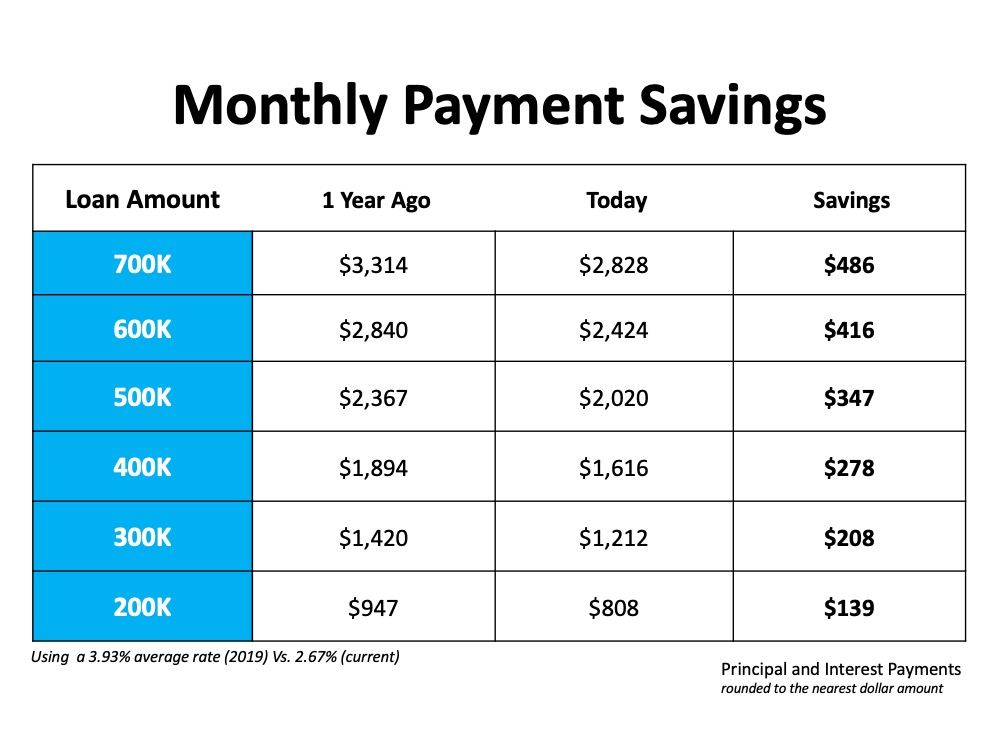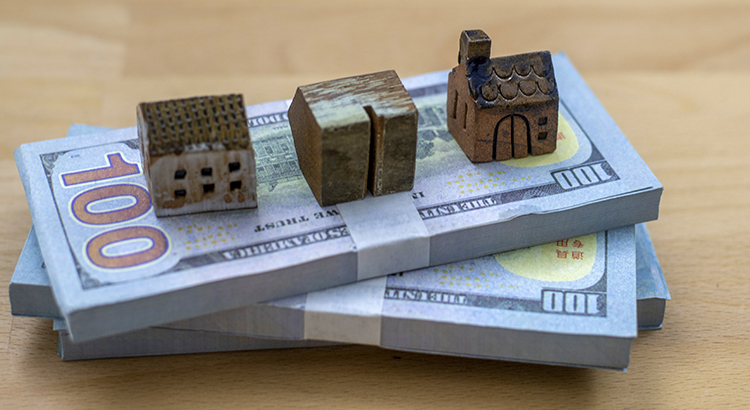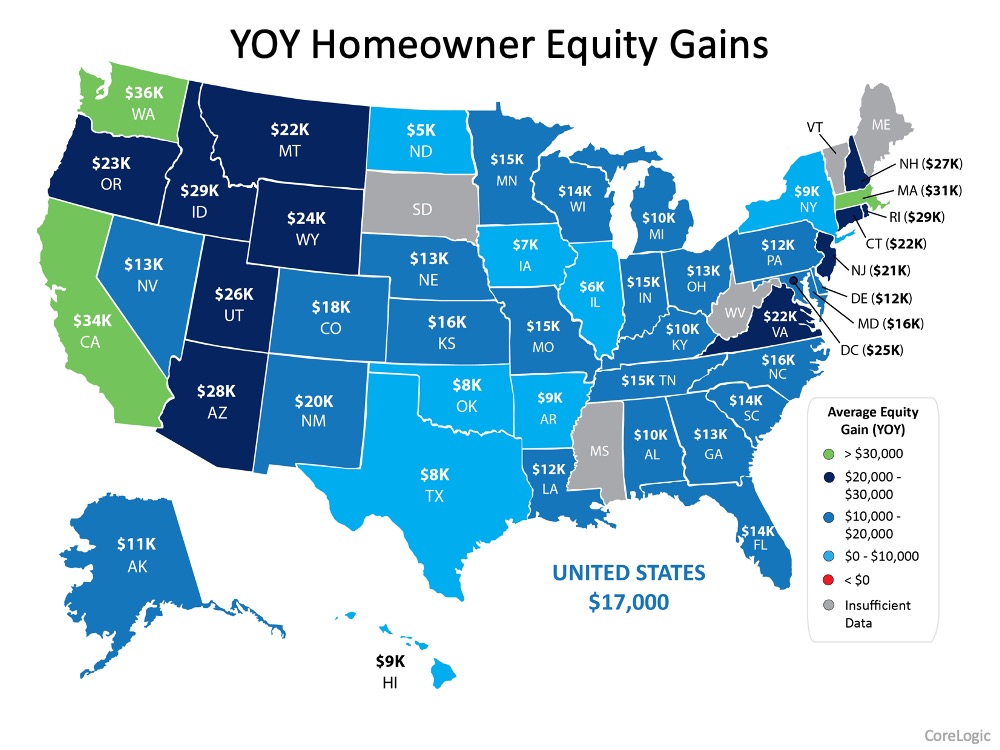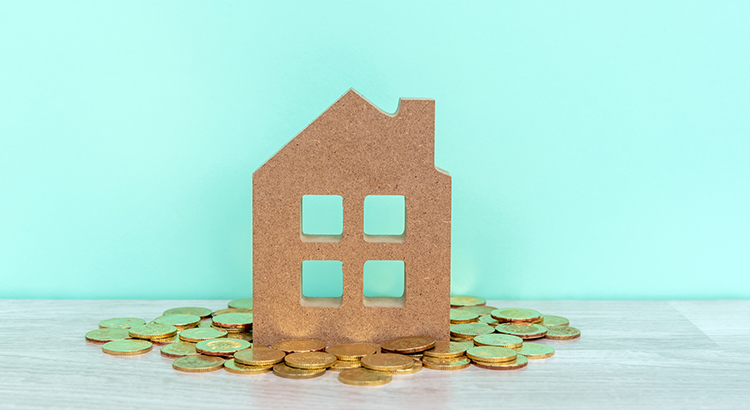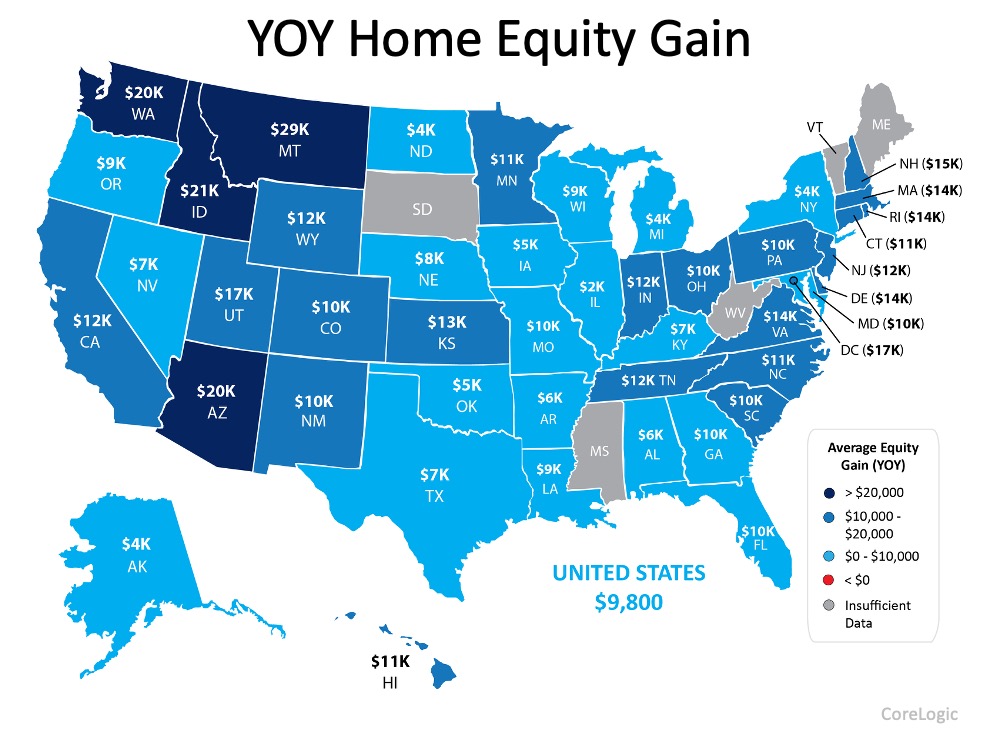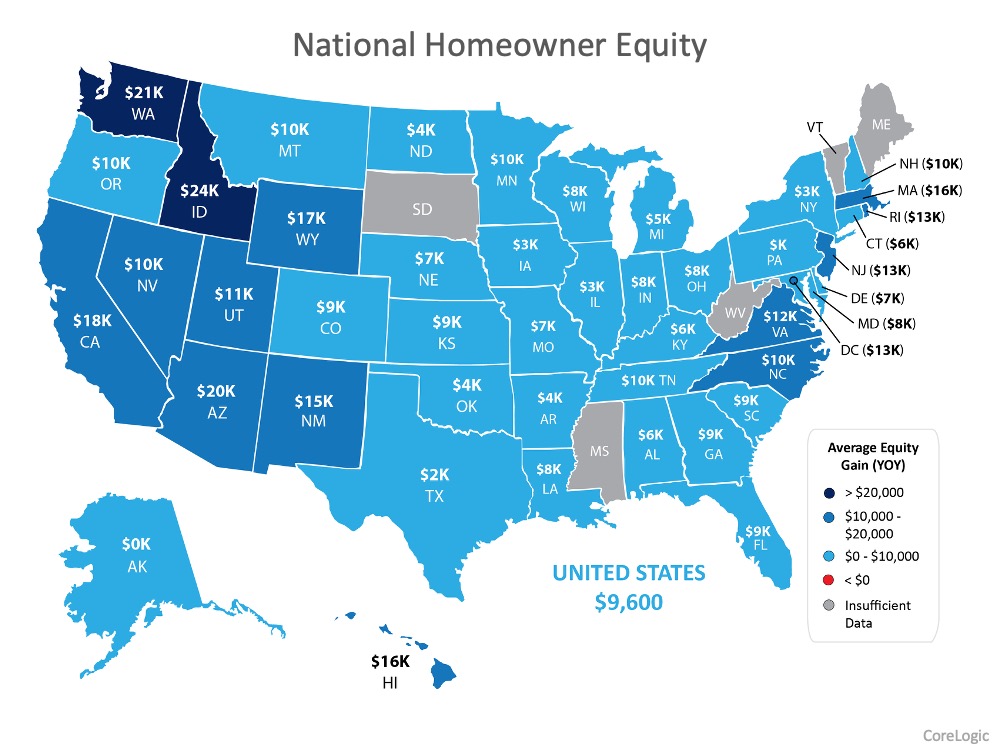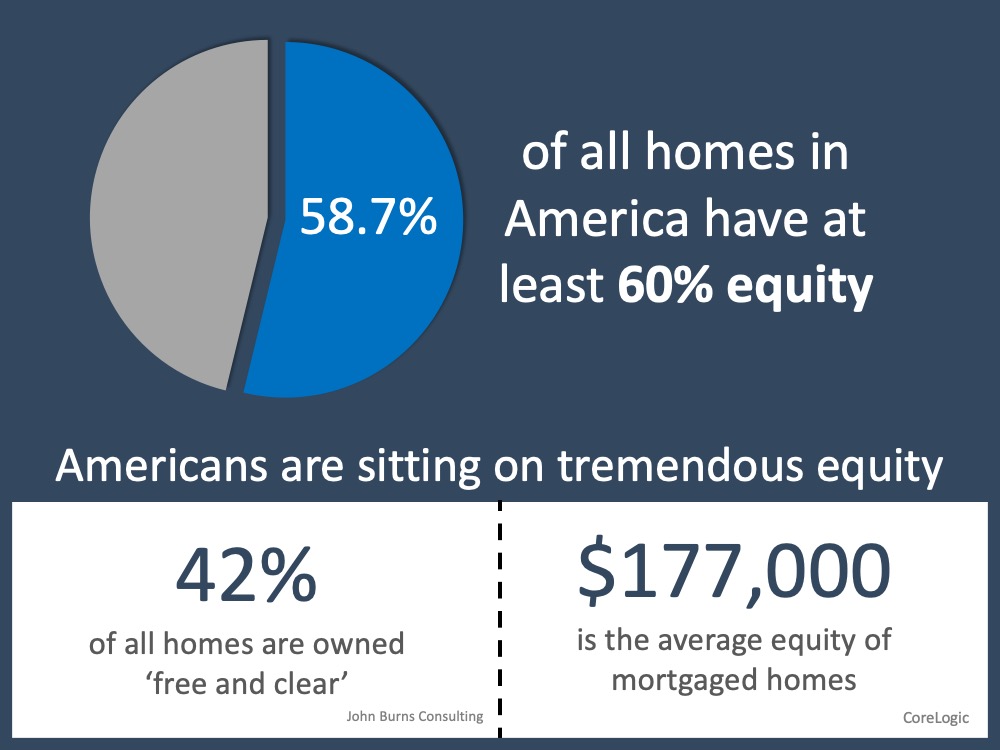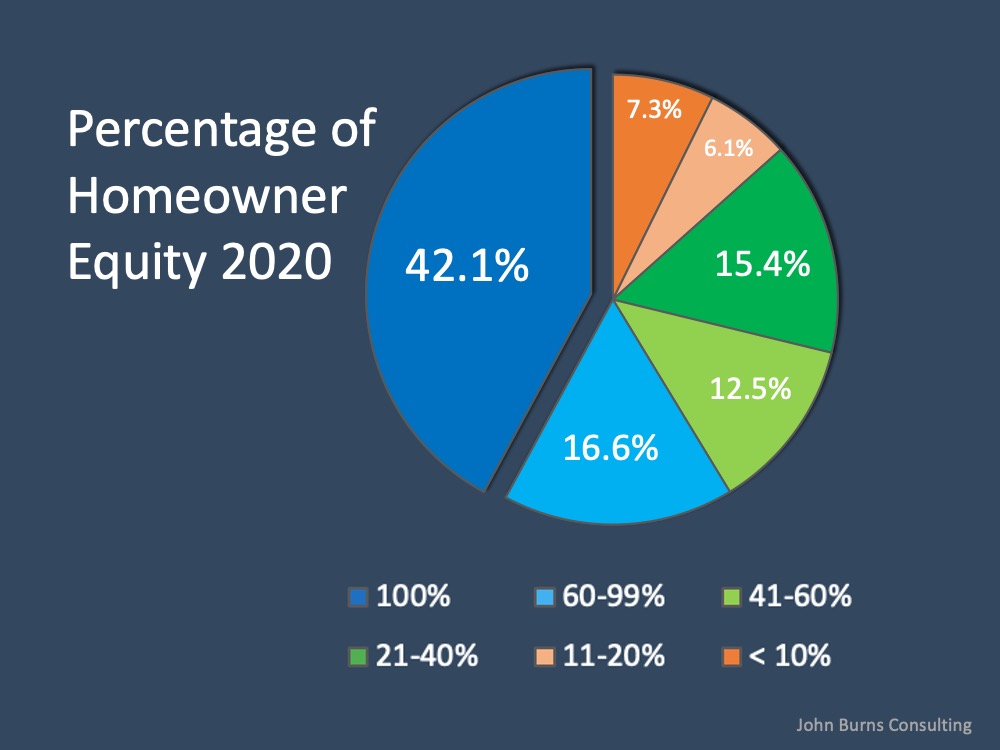Housing expert on price increases: 'I don’t see that slowing down anytime soon'
Even though home values experienced their largest increase since 2014, the price hikes may not be over yet.
“I expect there to be another year of rising home prices,” said Jeff Taylor, managing partner at Digital Risk, a mortgage data and analytics firm. “I think the median home price will get to about $360,000.”
Standard & Poor’s reported last month that its S&P CoreLogic Case-Shiller national home price index posted a 9.5% year-over-year gain in November, up from 8.4% in October. The last time the index reached that level was in February 2014.
“I don’t see that slowing down anytime soon,” Taylor said.
2021 is poised to be another big year for housing, following the record number of existing home sales last year and 811,000 new home sales, Taylor said. Supply chain constraints from the pandemic still remain, making it harder for builders to keep up with demand.
Taylor also expects to see a surge of buyer demand as the threat from the coronavirus wanes.
“A lot of people — believe it or not — are waiting for full covid vaccination to put their homes on the market and potentially look for other places,” he said.
He also expects Gen Z, many of which moved back in with their parents during the pandemic, to return to the big cities in the second half of the year, lured in by rental prices discounted by as much as 30%.
“You’ll start to see that stabilize a little more in the second half of 2021,” he said.
While many predicted that the pandemic would be the end of big cities as people rushed to the suburbs, “we still haven’t seen that mass exodus that we thought was going to happen,” Taylor said.
The National Association of Realtor reported that 8.9 million Americans had relocated to different areas in 2020. Those who had moved according to the study were residents from larger cities.
Many are making that move to the suburbs for “maybe tax reasons and lifestyle reasons,” he said, noting families still need more space for working remotely and virtual schooling.
“It’s a whole new view on what a house means to a family than it did 12 months ago,” he said.
Article Proivided by: Yahoo Money and Dhara Singh

